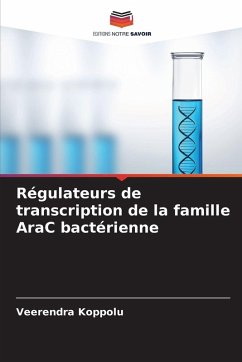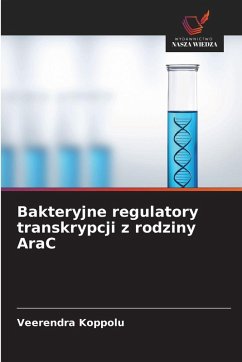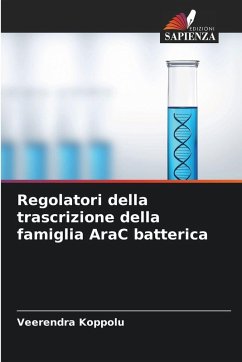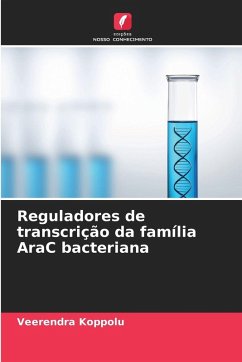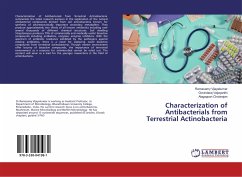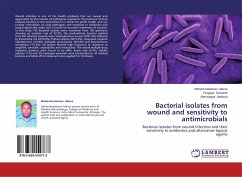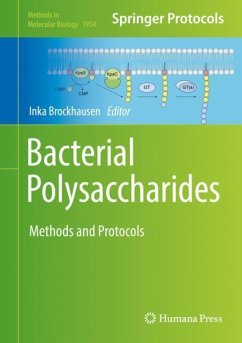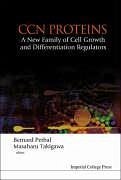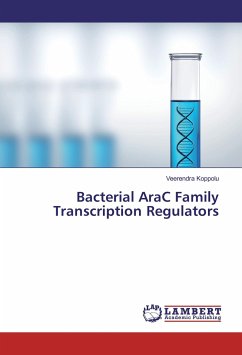
Bacterial AraC Family Transcription Regulators
Versandkostenfrei!
Versandfertig in 6-10 Tagen
24,99 €
inkl. MwSt.

PAYBACK Punkte
12 °P sammeln!
The ever-growing problem of bacterial antibiotic resistance needs development of novel anti-microbial strategies. The molecular targets for traditional antibiotics are processes that target the bacterial growth, which puts substantial selective pressure on bacteria to develop resistance. An alternate approach that may reduce bacterial resistance is through targeting proteins that are not required for bacterial survival but needed for virulence. AraC family transcription activator proteins are best suited targets as these proteins are found to be non-essential for bacterial growth, but are requ...
The ever-growing problem of bacterial antibiotic resistance needs development of novel anti-microbial strategies. The molecular targets for traditional antibiotics are processes that target the bacterial growth, which puts substantial selective pressure on bacteria to develop resistance. An alternate approach that may reduce bacterial resistance is through targeting proteins that are not required for bacterial survival but needed for virulence. AraC family transcription activator proteins are best suited targets as these proteins are found to be non-essential for bacterial growth, but are required for the expression of multiple virulence factors. Blocking the function of these transcription activators has potential to ameliorate the virulence and disease. AraC family proteins are transcription regulators defined by a conserved DNA binding domain and found to play roles in carbon metabolism, stress responses, and most importantly virulence. Understanding the transcription regulation mechanisms by these proteins will help in rational design of drugs to target these proteins.



